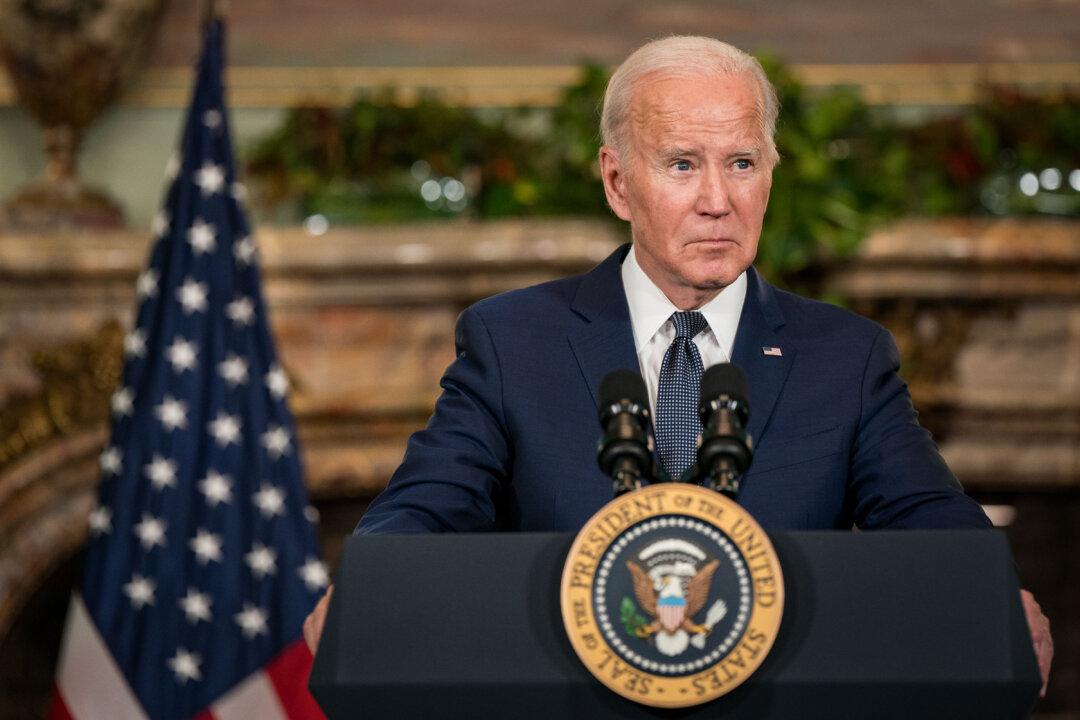The Biden administration on Thursday removed a Chinese forensic police institute accused of human rights violations from a trade sanction list in a deal to get China’s communist regime to do more to halt its outflow of fentanyl precursors.
The Department of Commerce’s Bureau of Industry and Security added China’s Ministry of Public Security’s Institute of Forensic Science (IFS) to its Entity List in 2020, accusing it of being “complicit in human rights violations and abuses committed in China’s campaign of repression, mass arbitrary detention, forced labor and high-technology surveillance” against Uyghurs and other Muslim minorities in China’s far-western Xinjiang region.





